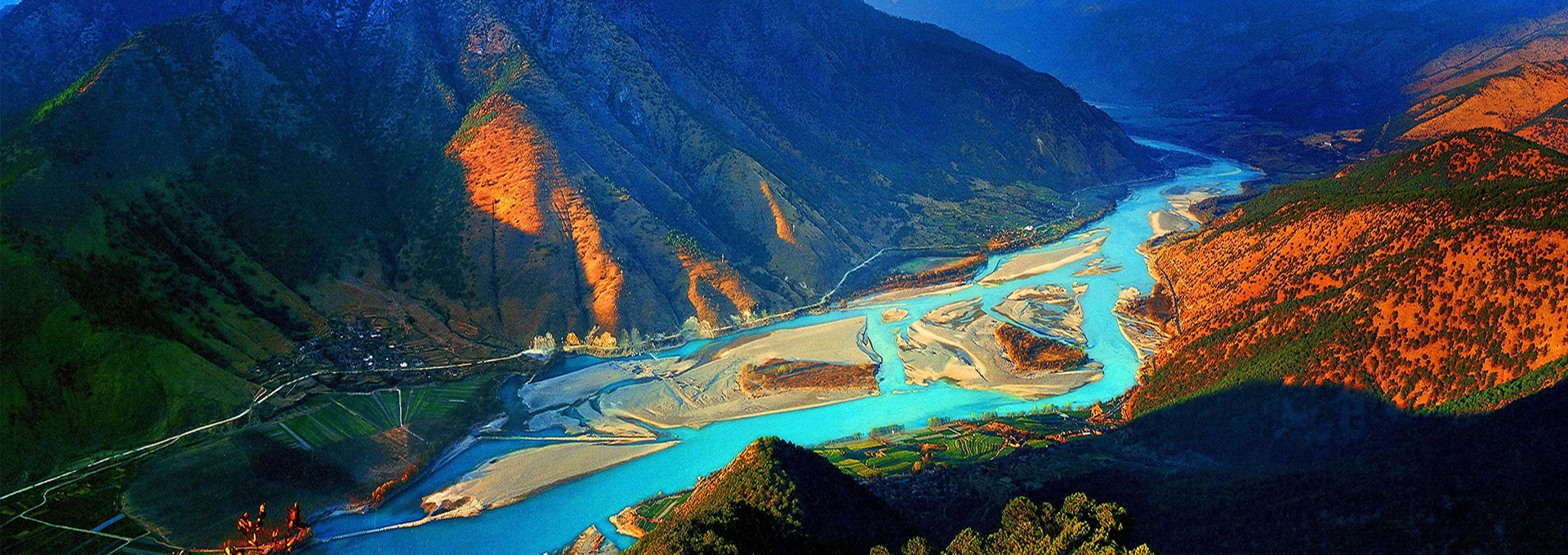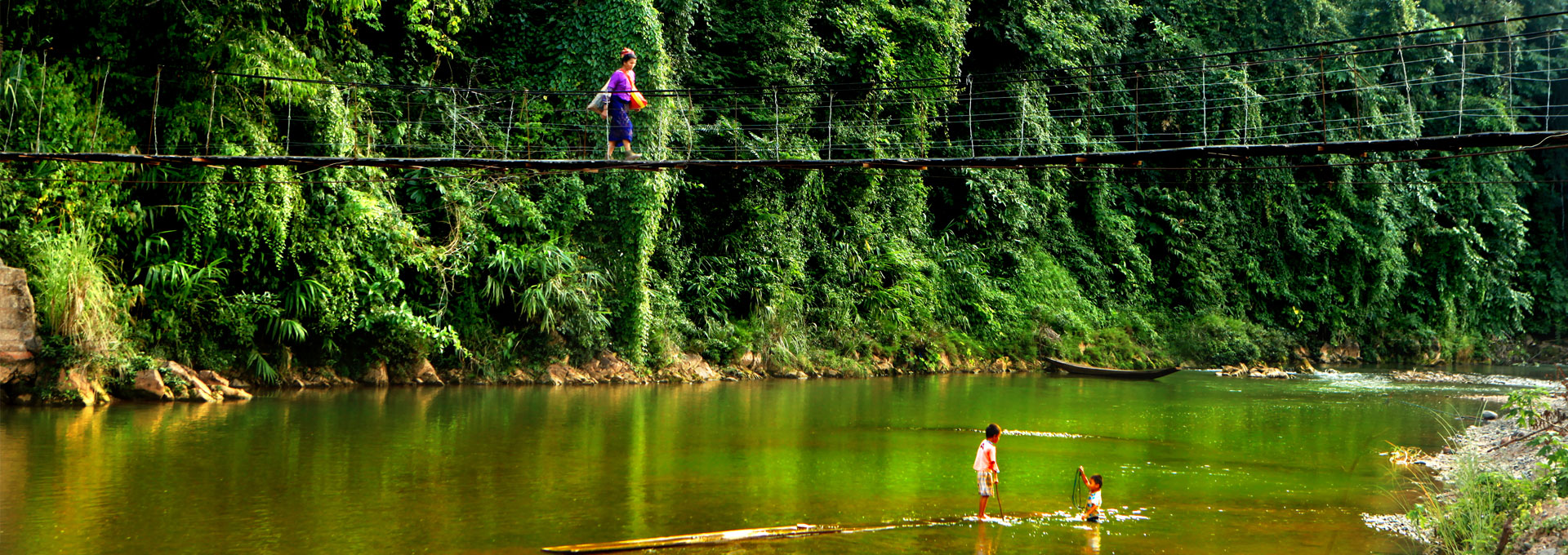
Water is an irreplaceable basic natural resource and strategic economic resource in the process of human survival and development. It is also an important environmental element that serves as a carrier of material and energy transmission to support the virtuous cycle of ecosystems. The self-purification ability of water bodies maintains ecosystem balance. In view of prominent contradictions and issues such as global water shortage, severe water pollution and fragile ecological environment, as well as rapid expansion of urban population, the management and protection of water environment has increasingly become an issue of concern to be urgently addressed in various countries.
This study takes water environment management policy as the theme, summarizes relevant laws and regulations of the water environment management in the Lancang-Mekong basin countries, explores the water environment management related cases and practices of the Lancang-Mekong basin countries, and analyzes the water environment of relevant governments and non-governmental organizations in the basin. Environmental management practices and explorations provide references for the Lancang-Mekong countries to formulate relevant policies, regulations and management practices for water environment management, as well as for regional water environment management with similar natural, social and economic conditions.
The Lancang-Mekong River is the most important source of freshwater in the region. The quality of water environment is of vital significance for the livelihood and development for the peoples in the region. Although countries have performed active water environment governance through their own, bilateral and multilateral efforts, the water environment still tends to deteriorate severely under the pressure of economic development. In the future, the water environment governance of Lancang-Mekong Basin can focus on in the following areas:




